Partiality, Underspecification, and Natural Language Processing (PUaNLP 2015)
Materias de especialidad:
Descripción:
The session invites contributions relevant to the following topics, without limitations to them:
- Type theories for applications to language and information processing
- Computational grammar of natural language
- Computational semantics of natural languages
- Computational syntax-semantics interface
- Parsing
- Multilingual processing
- Large-scale grammars of natural languages
- Models of computation and algorithms for natural language processing
- Integration of interdisciplinary methods, e.g., formal, symbolic, model theoretic, and other computational methods
- Computational models of partiality, underspecification, and context-dependency
- Models of situations, contexts, and agents, for applications to language processing
- Bio-information and natural language
- Language processing based on biological fundamentals of information and languages
- Computational neuroscience of language
Paper Submission: November 17, 2014
Authors Notification: November 24, 2014
Camera Ready and Registration: December 3, 2014
Prospective authors are invited to submit papers in any of the topics listed above.
Instructions for preparing the manuscript (in Word and Latex formats) are available at: Paper Templates
Please also check the Guidelines and Templates.
Papers should be submitted electronically via the web-based submission system at: [://www.insticc.org/Primoris]
País:
Portugal
